Philip F. Kennedy, New York University
James E. Montgomery, University of Cambridge
Shawkat M. Toorawa, Cornell University
Joseph E. Lowry, University of Pennsylvania
Devin J. Stewart, Emory University
Letter from the General Editor
The Library of Arabic Literature series offers Arabic editions and English translations of key works of classical and pre-modern Arabic literature. Books in the series are edited and translated by distinguished scholars of Arabic and Islamic studies and are published in parallel-text format with Arabic and English on facing pages. These titles are also made available as English-only paperbacks. The Library of Arabic Literature includes texts from the pre-Islamic era to the cusp of the modern period, and encompasses a wide range of genres, including poetry, poetics, fiction, religion, philosophy, law, science, history, and historiography.
Supported by a grant from the New York University Abu Dhabi Institute, and established in partnership with NYU Press, the Library of Arabic Literature produces authoritative Arabic editions and modern, lucid English translations, with the goal of introducing the Arabic literary heritage to a general audience of readers, as well as to scholars and students.
Philip F. Kennedy
General Editor, Library of Arabic Literature
What s Ibn Hishm Told Us
Volume Two
Mib al-sharq 80, November 9, 1899
 26.1
26.1
: : .
s ibn Hishm said: The Psh had been amazed by what he had seen in these gatherings and meeting places and what he had learned in the sessions involved. They had offered object lessons and counsel that could dispense with the need for lengthy experience. They had offered him some relief and relaxation, and as a result his sufferings at the cruel hand of fate and destiny had dissipated. Frowns had turned into smiles, and difficulties had now become that much easier. So it happens that those people who have experienced hardships find adversity that much less of a burden. Ever since we had moved from the gathering of religious scholars to that of princes, he had kept asking for more of the same and insisting that he gain more knowledge. I told him that the only meeting places and clubs left for us to try were the scandalous clubs in the Ezbekiyyah, with all their varieties of filth, corruption, lechery, and drunkenness. Ive too high a regard for you, I said, to bring into contact with such things; I should keep you far away. I have too much respect for you to lead you down paths that would see accusations leveled against you and raise doubts about your probity. I value your status too much to drag you down to such dubious haunts; my concern for your age and status will not permit me to let you mix with such people and dive into such a fetid pond. You will of necessity follow their lead and copy their ways. Your noble self will have to endure the kind of things they do, things the like of which youve never experienced. And they are evil indeed!
 26.2
26.2
: :
.
How can you say such things? he replied, when youve provided me with a whole variety of scholarship and philosophy that has enabled me to scorn the reproaches and criticisms of ignorant fools? A pure and noble soul will never suffer harm from being close to an evil and corrupt one. One patient rarely infects another; a foul stench can rarely dispel the odor of perfume. A close look at sin and vice only serves to strengthen the virtuous souls adherence to virtue. The genuine is defined by what is corrupt, and the value of what is good is only enhanced through contact with what is evil.
Things are defined by their opposites.
Anyone who decides to study ethics without conducting research for himself or probing their depths can only indulge in conjectures, like someone trying to foretell what will happen, an artist using the imagination, or a painter without a model. The appreciation of all this I owe to the good advice youve been giving me. In the time of our regime, it was considered appropriate for governors and senior officials to change their appearance, disguise themselves, and substitute unfamiliar attire for their usual uniform. They could then mix with people during their leisure time and hours of relaxation and chat with them. That way, officials could find out for themselves what social conditions were really like, rather than having to rely purely on reports and word of mouth. Such contact with the common people did nothing to affect their prestige or detract from their authority. In my own case, following my resurrection from the dead Ive donned a garment which has placed a veil between me and the common people. So come on, take me to these places. I find that Im eager to continue my research on the secret aspects of peoples morality.
 26.3
26.3
: : : .
: : .
s ibn Hishm said: So I went along with his decision and complied with his request. I took him to the luxuriant and fragrant park in the Ezbekiyyah. When we reached the gate, we stopped at the turnstile where I put in the admission fee; it was just like putting votive offerings into a donation box. I took my turn in it and so did the Psh. Suppressing his anger he asked me why people entering these gardens were expected to go round in circles like an ox at a waterwheel. I replied that these days people distrusted each other and were excessively concerned about safety, so they had invented inanimate machines like this; it counted what the entrants paid at every turn, and so not a grain of dust was lost. We started strolling along the paths and then sat down on a bench. The Psh was overwhelmed by the sheer beauty of the place and expressed his delight. God alone possesses power and might! he exclaimed. Which grandee owns this place? It belongs to everyone, I replied, no one person owns it. The government has turned it into a public facility, so all kinds of people can take a stroll. Everyone can enjoy this park by paying a very small fee.
 26.4
26.4
: :
:
.
s ibn Hishm said: We started walking around the various parts of the garden, looking at the leafy trees, luxuriant branches, and pretty flowers. The Psh kept looking at everything in amazement, utterly thrilled by what he was seeing:
A spot that reveals the Creator to you
when you disclose your thoughts on its beauty.


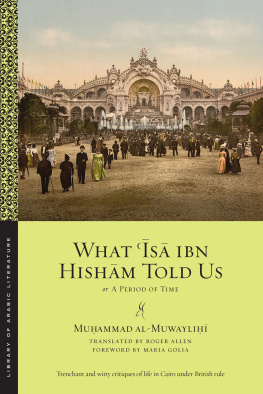
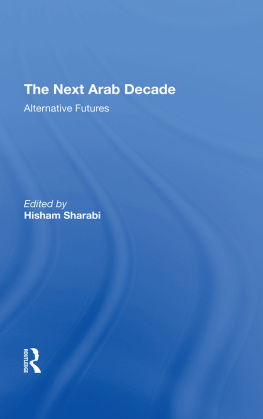

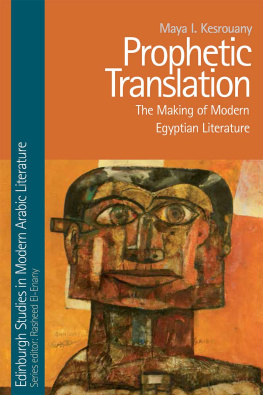
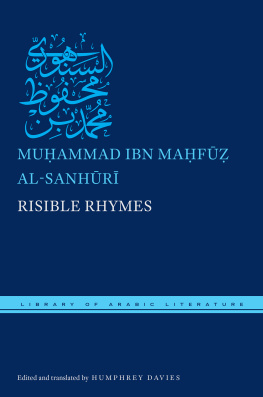
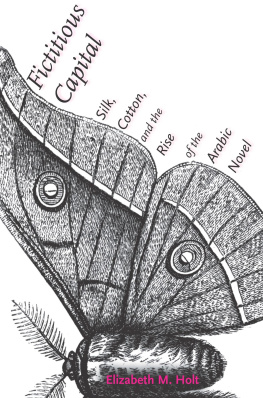
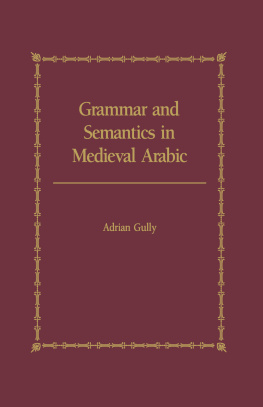
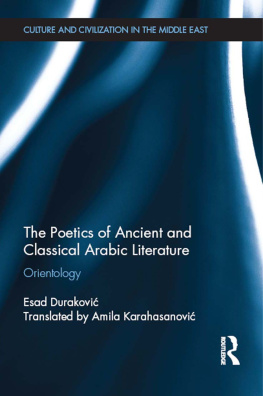
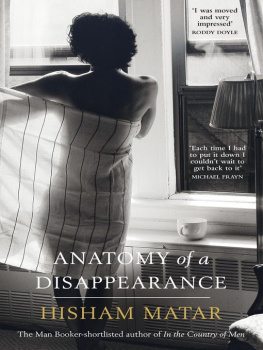
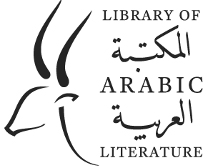

 26.1
26.1